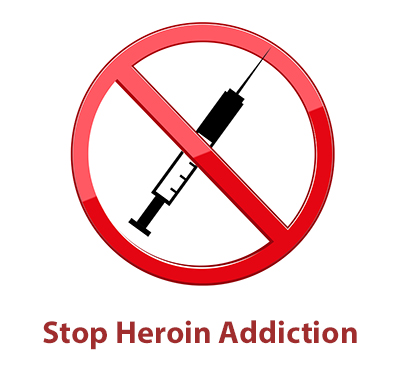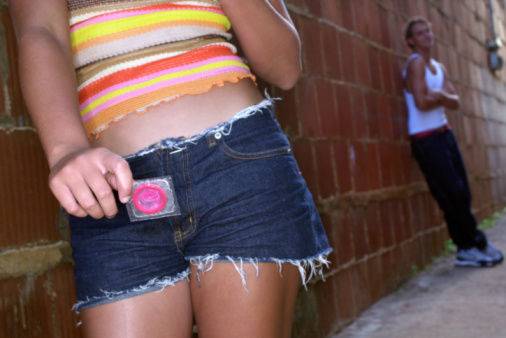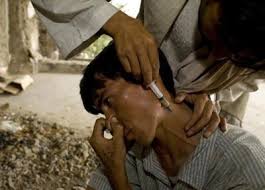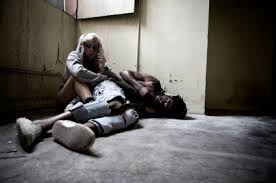Fighting heroin addiction at family levels

Fighting heroin addiction at family levels is a must win assignment if we are to succeed in defeating this scourge
Fighting heroin addiction at family levels: Breaking the boredom
Another point doctor Akoury observed from the patient is the mind set of many people about things and situations around them. Like for instance using the story of Jimssy the addicted user, she admits that besides the advice from the wrong friend, she was curious, she wanted to understand the feelings of this drug heroin, and she confesses that “I wanted to know what this was that [Jim] was doing. Why it was so attractive. And she sought the silence that if she was to try it just briefly for a few times, it won’t do her any harm and that it wouldn’t result into addiction since it is only for a few times.” That is what she thought and besides she had also heard that heroin improved sexual performance. (The seizure medications she had taken for her epilepsy had dampened her libido.) Heroin, she says, helped her feel more sexual, and that was a big attraction. These are wrong teachings which must be disregarded by all means if fighting heroin addiction at family level is to be meaningful.
Doctor Akoury says that she had it all well planned. And in her own wisdom, to avoid getting hooked, she refrained from doing the drug for four days between uses. Then, she started doing it on the weekends “to break the boredom.” This plan may have looked brilliant, but remember that heroin is such an addictive drug and so despite her plans and to her great denial she quickly became addicted. She adds that “I saw what it had done to my husband. But I had no idea at all of the pull it had on users.” If you are listing keenly to Jimssy and you or anyone you know is struggling with any form of addiction, you can be of help first to yourself and then to the others by scheduling for an appointment with doctor Akoury today.
Fighting heroin addiction at family levels: The consequences of addiction
In the meantime Jimssy tells us that as at that time she was being introduced into drugs, she was working and earning her money from her job which was well enough to finance this new expenditure. The income helped her feed their habits and every day was such a good day because they could afford for more drugs. But it also caused strife in their relationship. They would share their drugs, and Jimssy says, the pull of addiction quickly introduced an enemy in their relationship, the enemy known as mistrust. They longer had trust for each other. She feared sending him alone to buy drugs with her money because he would take more than his share on the way home. He felt the same way about her. “It just starts eating away at your love, your partnership, the whole marriage,” she admits. Doctor Akoury reacts to this professionally and informs Jimssy that drugs will remain bad irrespective of the influence you may get from any of your friends. We will continue listening to Jimssy in our next article but for now, we must choose and choose wisely. This life we have, we can only live it once and when we still have that opportunity, then we must consult with the medical experts from time to time to have things done the right way. Talk to us today at AWAREmed Health and Wellness Resource Center and we will offer you real time solutions to all your addiction problems.
Fighting heroin addiction at family levels: Breaking the boredom








